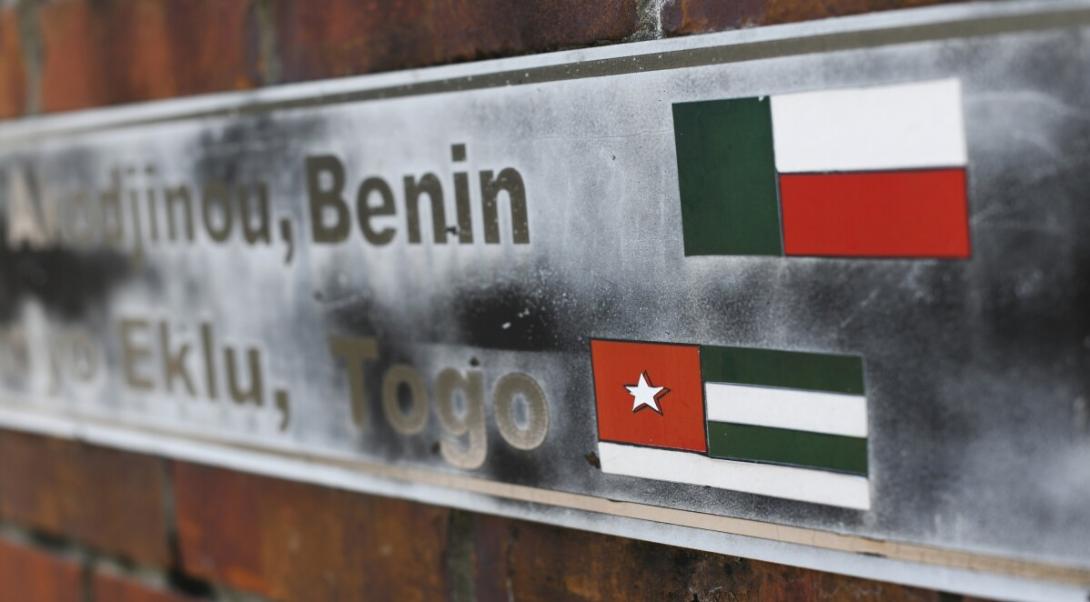
Benin grants citizenship to slave descendants as it faces its own role in the trade
Benin is not the first country to grant citizenship to descendants of slaves. Earlier this month, Ghana naturalized 524 African Americans after the West African country’s president, Nana Akufo-Addo, invited them to “come home” in 2019, as part of the 400th anniversary of the arrival of the first enslaved Africans in North America in 1619.
But Benin’s citizenship law carries added significance, in part because of the role it played in the slave trade as one of the main points of departure.
European merchants deported an estimated 1.5 million slaves from the Bight of Benin, a territory that includes modern-day Benin and Togo and part of modern-day Nigeria, said Ana Lucia Araujo, a professor of history at Howard University who has spent years researching Benin’s role.
The coastal town of Ouidah was one of Africa’s most active slave-trading ports in the 18th and 19th centuries. Close to a million men, women and children were captured, chained and forced onto ships there, mainly destined for what would become the United States and Brazil and the Caribbean.
Benin has struggled to resolve its legacy of complicity. For over 200 years, powerful kings captured and sold slaves to Portuguese, French and British merchants.
The kingdoms still exist today as tribal networks, and so do the groups that were raided. Rumors that President Patrice Talon is a descendant of slave merchants sparked much debate while he was running for office in 2016. Talon has never publicly addressed the rumors.
Benin has openly acknowledged its role in the slave trade, a stance not shared by many other African nations that participated. In the 1990s, Benin hosted an international conference, sponsored by UNESCO, to examine how and where slaves were sold.


Comments1
Why isn't America accurately portrayed as a penal colony?
Why isn't America accurately portrayed as a penal colony, like Canada and Australia?